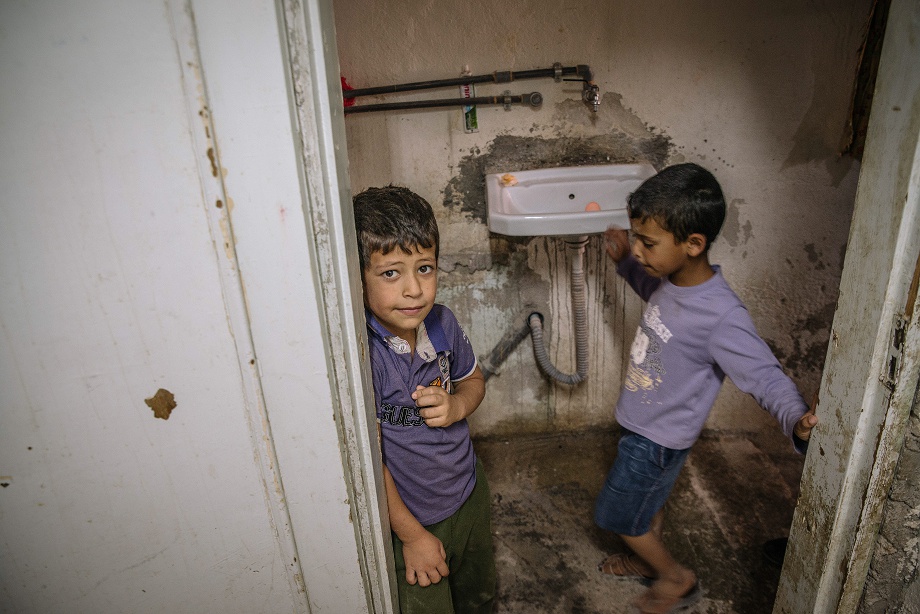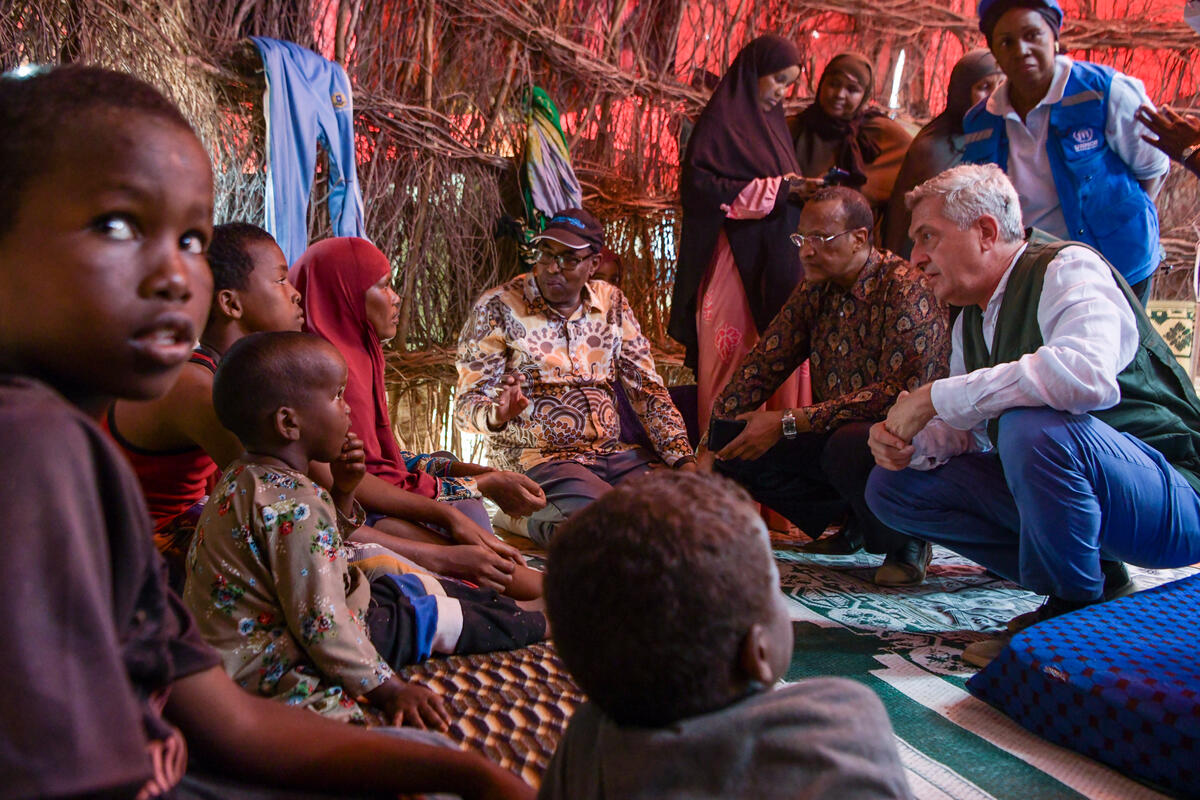Four million Syrians flee war and persecution

Four million Syrians flee war and persecution
More than 4 million Syrians have now fled war and persecution and become refugees in neighbouring countries, making the Syrian conflict the UN refugee agency's worst crisis for almost a quarter of a century.
The latest figures from UNHCR released today (Thursday, July 9) put the total number of refugees from Syria at just over 4,013,000 people.
"This is the biggest refugee population from a single conflict in a generation. It is a population that deserves the support of the world, but is instead living in dire conditions and sinking deeper into abject poverty," said UN High Commissioner for Refugees António Guterres.
UNHCR said in a statement that the new figures were based on new arrivals in Turkey and updated data from the authorities on refugees already in that country.
At least an additional 7.6 million people are displaced inside Syria – many of them in difficult circumstances and in locations that are difficult to reach.
"Worsening conditions are driving growing numbers towards Europe and further afield, but the overwhelming majority remain in the region," Guterres added. "We cannot afford to let them and the communities hosting them slide further into desperation."
The exodus from Syria is the highest recorded since 1992, when the number of refugees from Afghanistan hit a staggering 4.6 million. In reality, the figure is even higher as it does not include more than 270,000 asylum applications by Syrians in Europe, and thousands of others not resettled in regional neighbours.
With no end in sight to Syria's war, now in its fifth year, the crisis is intensifying and the number of refugees is rising. The 4 million milestone comes barely 10 months since the total of 3 million was reached. At current rates, UNHCR expects the figure to reach around 4.27 million by the end of 2015.
In June 2015, more than 24,000 Syrians, mainly women and children, fled to Turkey from Tel Abyad and other parts of northern Syria. Turkey, already the world's biggest refugee hosting country, is now home to around 45 per cent of all Syrian refugees in the region.
The crisis is intensifying and the number of refugees is rising.
The 4 million figure is made up of 1,805,255 Syrian refugees in Turkey, 249,726 in Iraq, 629,128 in Jordan, 132,375 in Egypt, 1,172,753 in Lebanon, and 24,055 elsewhere in North Africa.
Meanwhile, a funding crisis is compounding the problems of both refugees and humanitarian agencies. For 2015 as a whole UNHCR estimated that US $5.5 billion was needed in international humanitarian and development aid, but has received less than one quarter of that amount. This means refugees face tough new cuts in food aid and struggle to afford lifesaving health services or send their children to school. A substantial proportion of the funding was also intended to prevent the region's main hosting countries from becoming overwhelmed and unstable themselves.
Life for Syrians in exile is increasingly tough. Some 86 per cent of refugees outside camps in Jordan live below the poverty line of US $3.20 per day. In Lebanon, 55 per cent of refugees live in substandard shelters. Throughout the region, hope of returning home is dwindling as the crisis drags on. Refugees become more impoverished, and negative coping practices such as child labour, begging and child marriages are on the rise. Competition for employment, land, housing water and energy in already vulnerable host communities is straining the ability of these communities to cope with the overwhelming numbers and sustain their support to them.
To help refugees fleeing conflict in Syria click here to donate















